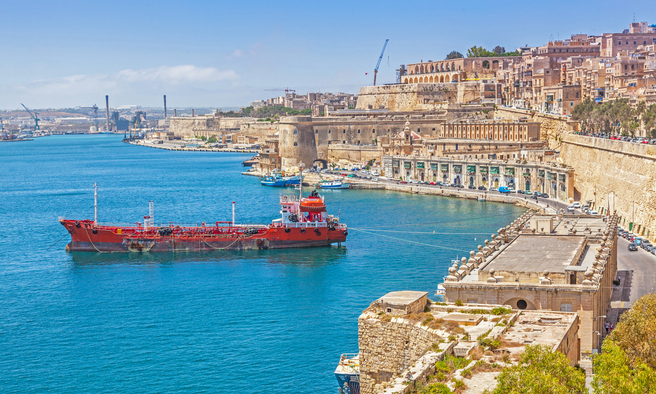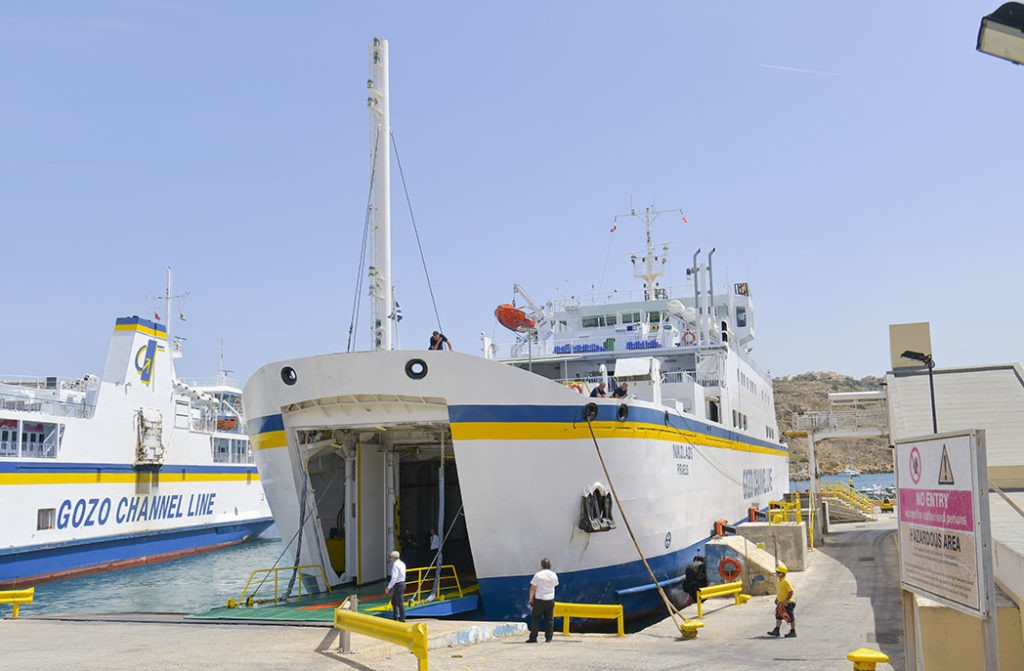What does it take for local companies to succeed abroad? For TradeMalta CEO Anton Buttigieg, it is essential for a company to assemble a dedicated team that will take care of the firm’s launch into a new market, as well as conducting comprehensive market research, as behaviour displayed in the local market may not match that in a foreign one.
TradeMalta was established in 2015, as a joint venture between the Government of Malta, and the Malta Chamber. In addition, TradeMalta is supported by its strategic partner HSBC Bank Malta p.l.c. Its goal is to support companies based in Malta to internationalise and reaching new markets.
As several local companies have grown into international ones, this newsroom sought to catch up with the internationalisation experts to understand what it takes for a local company to make it abroad and what are the key ingredients to making it work.
“On average, we support around 250–300 companies a year,” said Mr Buttigieg.
During the COVID-19 pandemic, international travel hit a standstill, economies hit the brakes and both Governments and the private sector hunkered down until the health crisis died down.
“After COVID-19, we saw again the need for companies to continue where they had left off before the pandemic started and I think that interest in going international has grown substantially over the past one and a half years,” explained Mr Buttigieg.
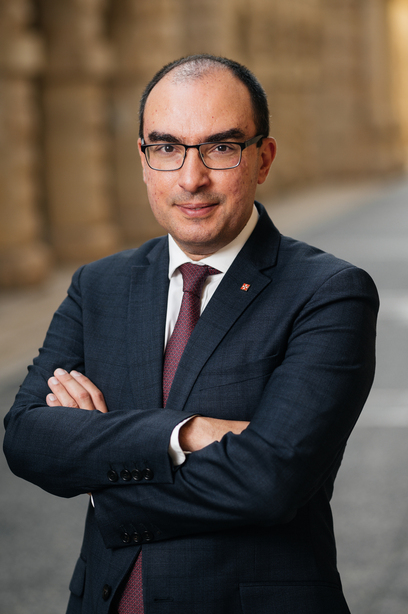
“We think there are a number of reasons for that.”
With the rise of remote working and online meetings, several analysts at the time forecasted that business travel would not return to the same level as it did prior to the COVID-19 pandemic. However, this does not seem to be the case.
“Yes, technology helps but we have clearly realised that it is unlikely that you can organise online meetings and conclude important deals without ever having met your potential clients, distributors, agents, partners so on and so forth.
“It doesn’t happen often, and I don’t think that will change any time soon,” emphasised Mr Buttigieg.
As for the growing interest in Maltese firms going international, he said, “I think there is a larger cohort of Maltese companies that are more confident and believe in the products and services that they are producing. So, they feel they have an opportunity to take what they’re doing here and try to sell those products or services internationally.”
So, what were the lessons learnt from having helped hundreds of companies internationalise?
“What usually works is having a focused team that is confident in the products and services that they are trying to export or internationalise and carry that focus into another market.”
He shared that, “after eight years of assisting companies we can tell what some of the basic ingredients are of making an internationalisation journey successful.”
When planning to expand to another market, he highlighted the importance of understanding the market, how people approach products or services, and how business in that area is generally done. All in all, it is important to capture as much information about the market as possible.
“The most successful businesses are those that have been toing and froing, meeting people, trying to identify a reliable partner, if required, and gaining a good understanding of what are the real issues on the ground.”
He explained that the biggest mistake a business can make is having a successful product or service in Malta and simply taking it to another market.
“If you are selling a product which comes packaged in a certain way in another market it might need to be packaged in a completely different way or requires needing different labelling or translating to a different language, this is an investment that needs to be made.”
“Having said that, the focus cannot come at the expense of losing sight of the local market and having the same team that is doing the local business trying to replicate that in another market.”
Mr Buttigieg explained that it’s critical to have a dedicated team specifically for export.
“Now whether it’s one person, two people, a team of five, it’s fine, but you cannot expect that the same managing director who is running the business in Malta to replicate that effort in a foreign market. Most of the time this doesn’t work.”
However, Mr Buttigieg asserts that there are Maltese enterprises that have achieved success in expanding internationally. These enterprises are typically managed by exceptionally talented and determined individuals. Nevertheless, he clarified that these individuals eventually come to a point where they recognise that for their ventures to continue thriving and expanding, it becomes necessary to establish a professional team capable of sustaining operations across multiple countries.
The CEO shares that his team is constantly engaging with local companies, which they call clients, helping them on requests related to promoting their products and services on the international stage.
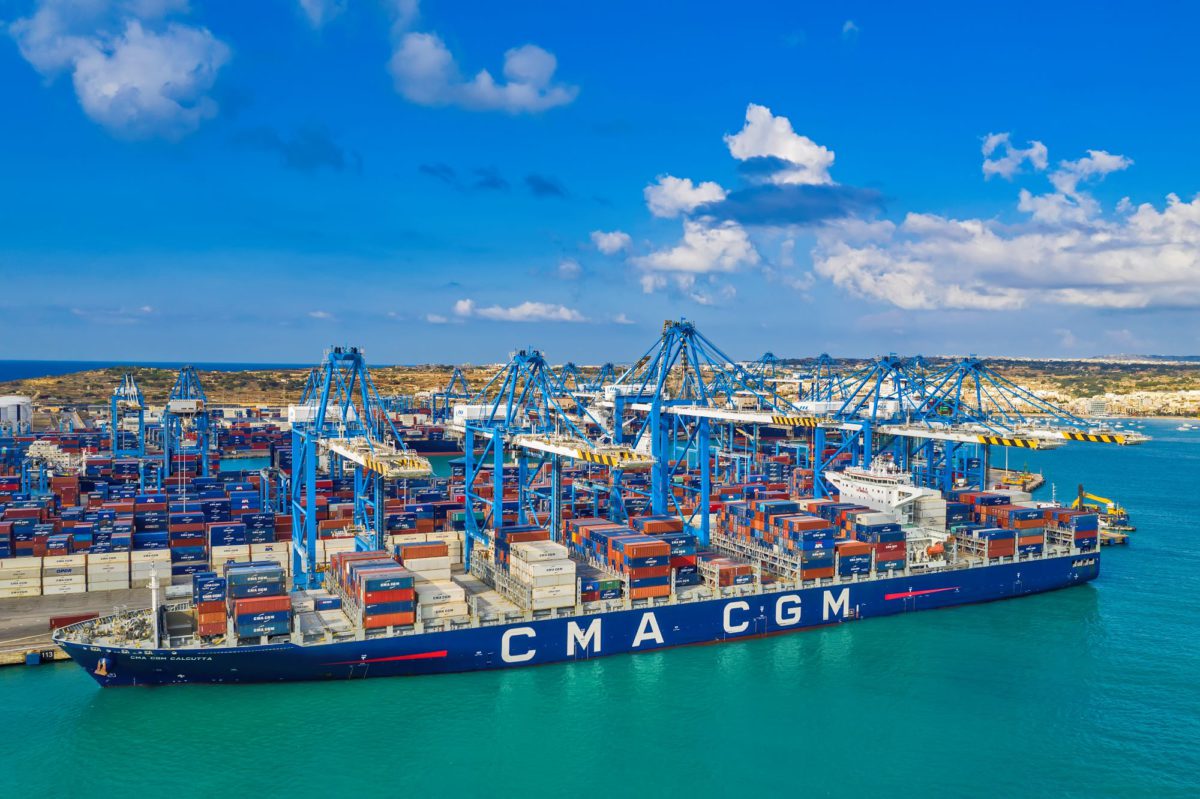
When asked whether Maltese firms tend to prioritise internationalising in the EU’s single market or whether they’re looking elsewhere, he said that “the EU will always remain our largest trading partner. We’ve had 40-50 years of foreign direct investment, most of which have been European investments into Malta.”
“So, we’ve had French, British, Italian, German companies investing in Malta because they were using Malta as a base to manufacture or to create a service and then sell those products and services on the continent.”
However, he said that Malta has always had a connection with other neighbouring continents.
“We’ve had a long history of trading with North Africa and the Middle East so there is definitely an interest, despite the challenges.”
“Let us also not forget that we’re on the Northern border of a continent that has one billion people, with an average age of 19, so even just those numbers give you an indication about the commercial opportunities.”
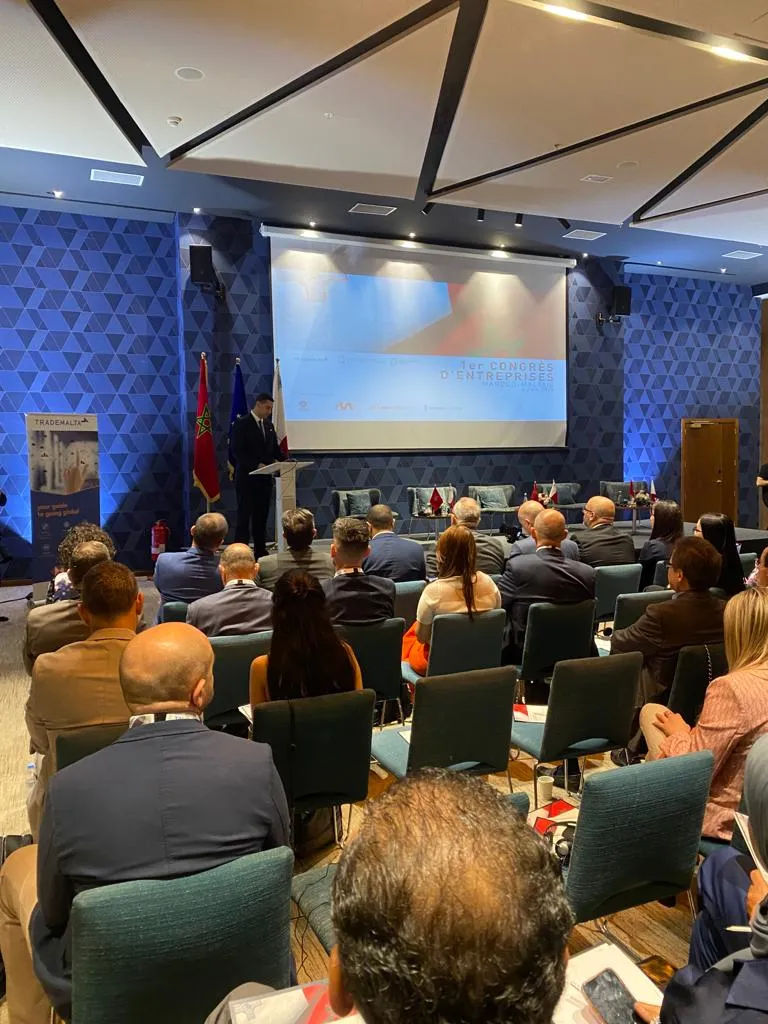
As for what TradeMalta’s current priorities are, Mr Buttigieg shared that they are working on several strategic markets where they believe there are opportunities for the Maltese business community.
He mentioned that recently TradeMalta organised its first Trade Mission to Morocco. This country presents a myriad of opportunities to Maltese investors in various sectors ranging from manufacturing to education to renewable energy to mention a few. Morocco has a flourishing and dynamic economy, and a business-friendly environment.
“Overall, we’re looking at new markets and new opportunities, and how those opportunities can translate into new business for Maltese companies. We encourage Malta-based companies interested to go international to approach Trade Malta with their ideas and plans’.
Passenger traffic between Malta and Gozo grew by nearly 8% in Q2 2025
Vehicle crossings and fast ferry usage also surged
New Malta-backed incubator to fuel Europe’s semiconductor startups
The ChipStart EU program provides a one-year, no-cost incubation opportunity for semiconductor startups in the European Economic Area
Government renews scholarship scheme for tech postgrads
In 2024 the Pathfinder Digital Scholarship issued €125,000 in funding, supporting 13 Master’s and 3 PhD students


